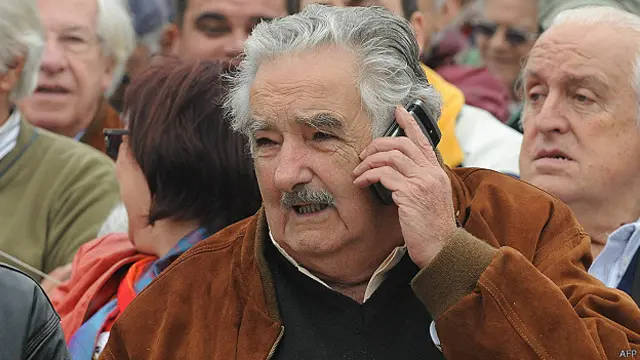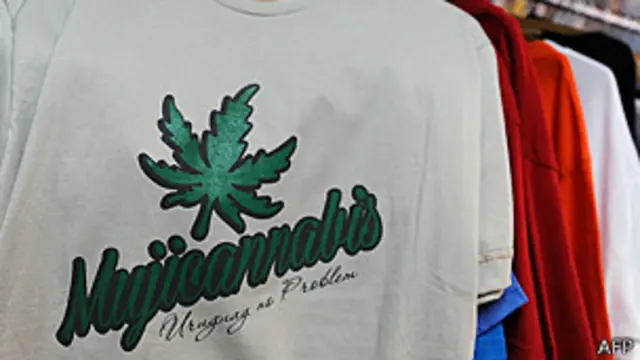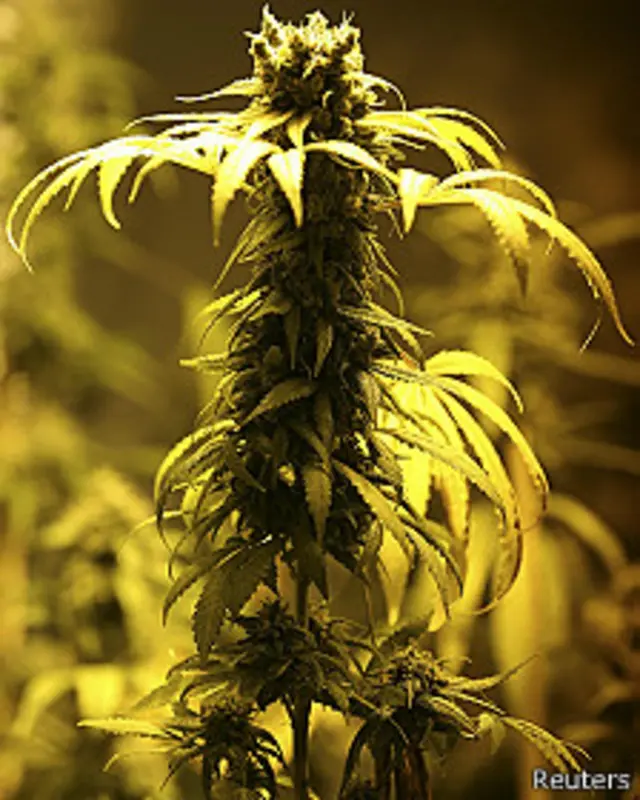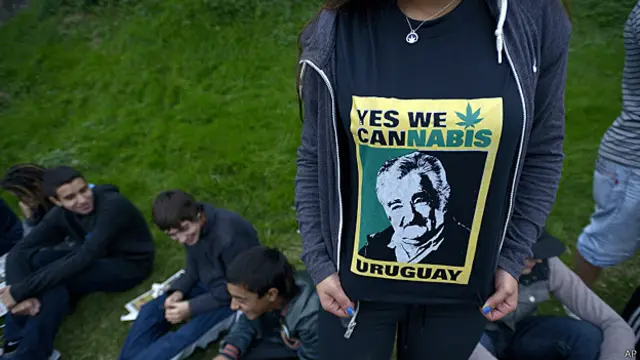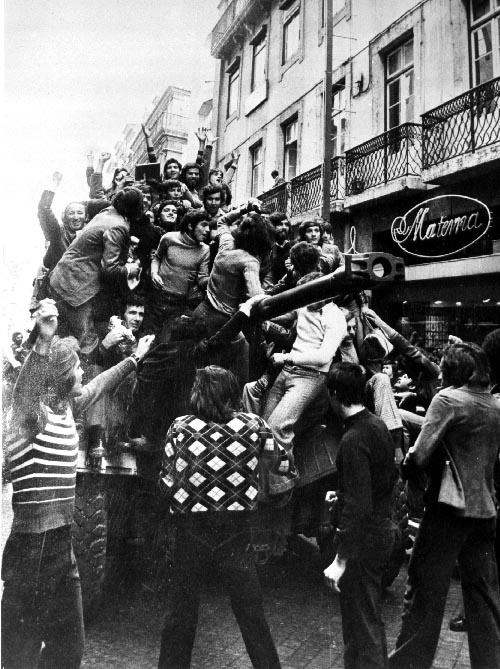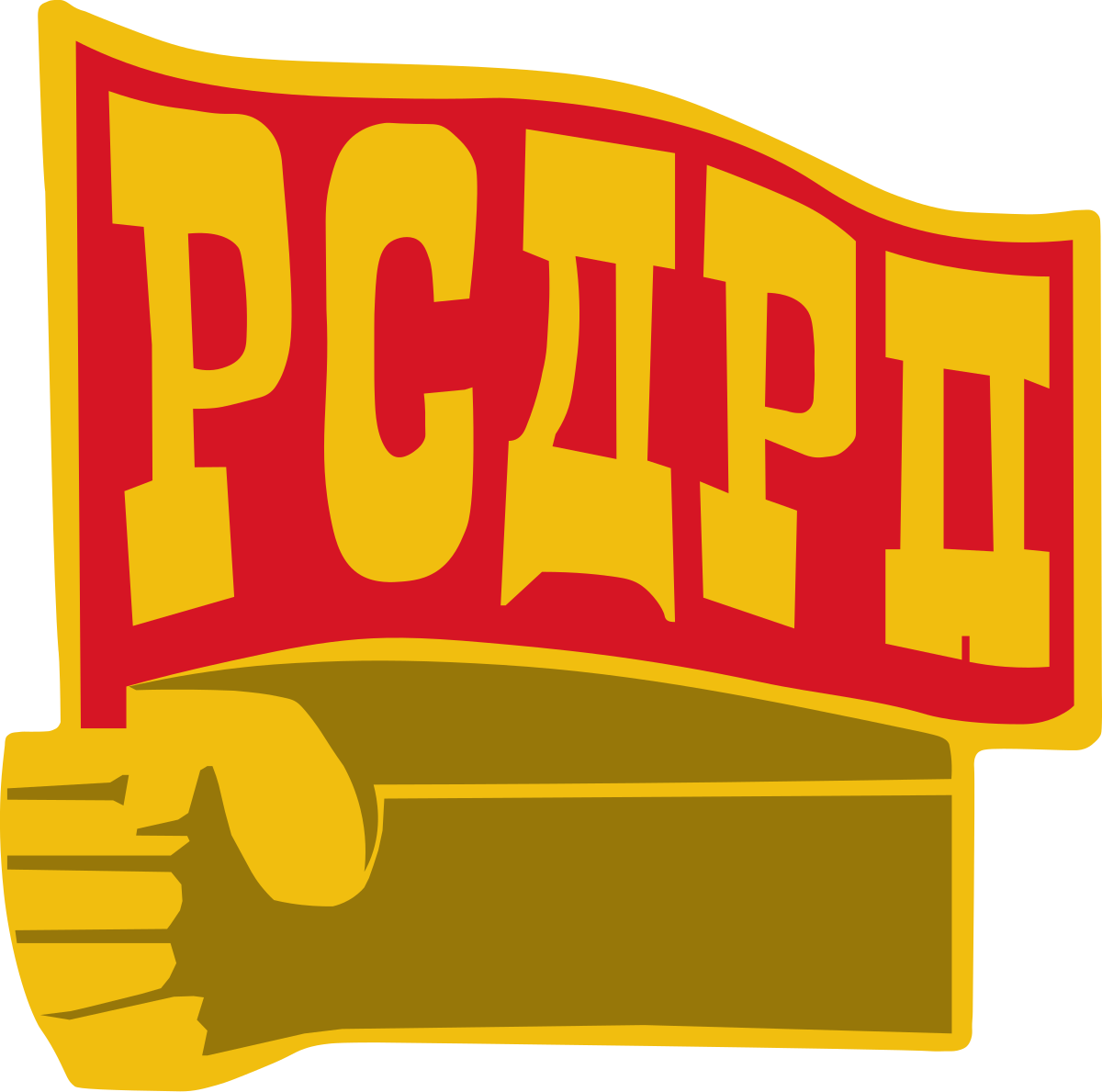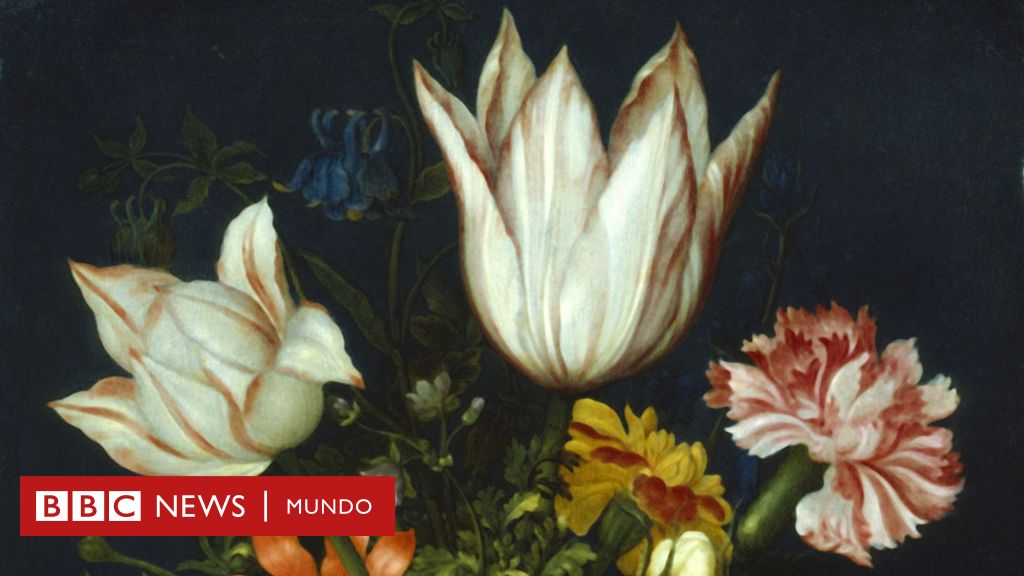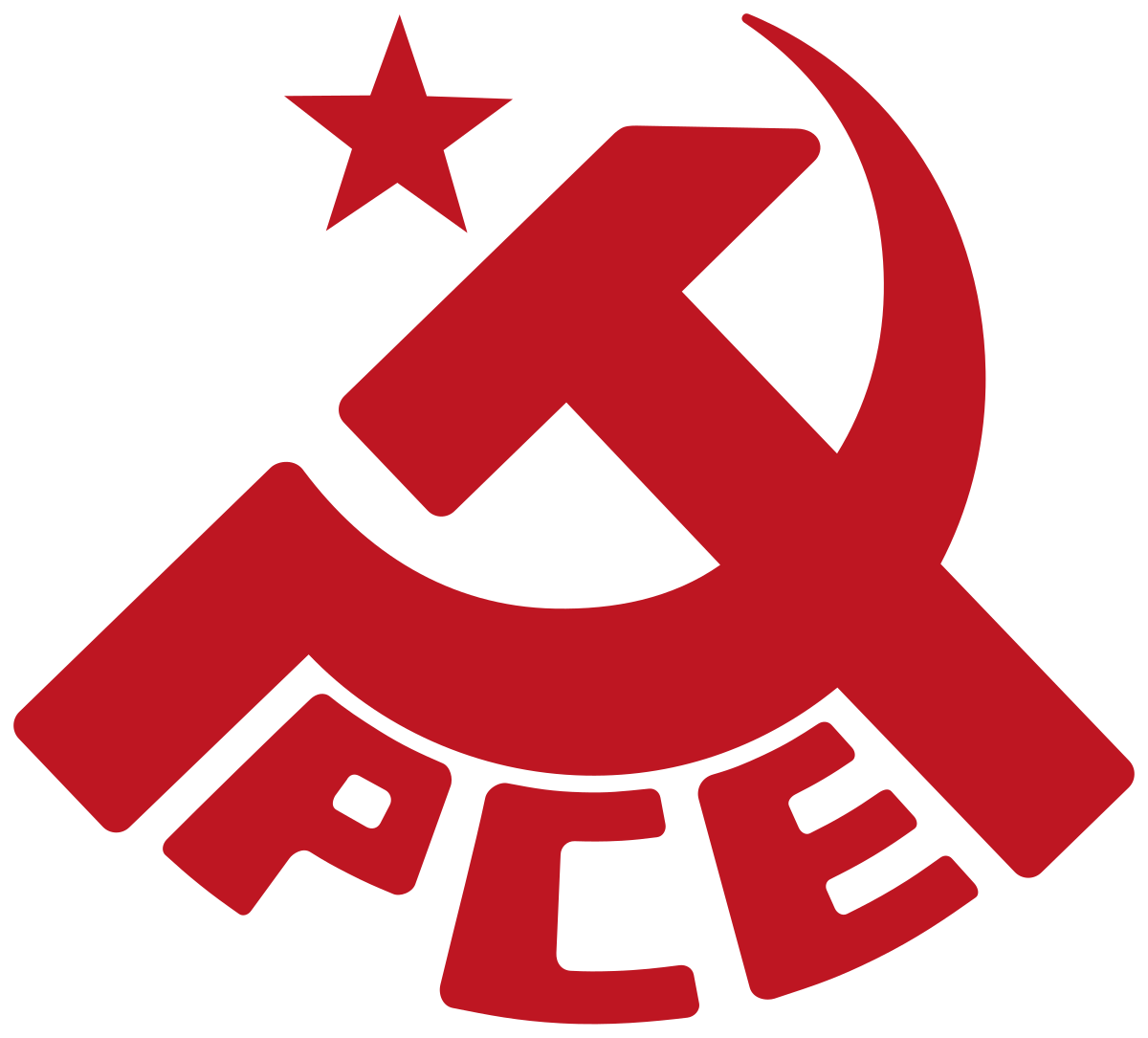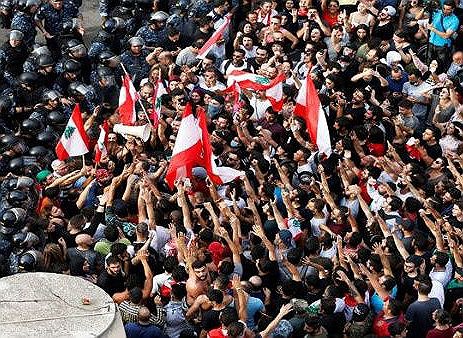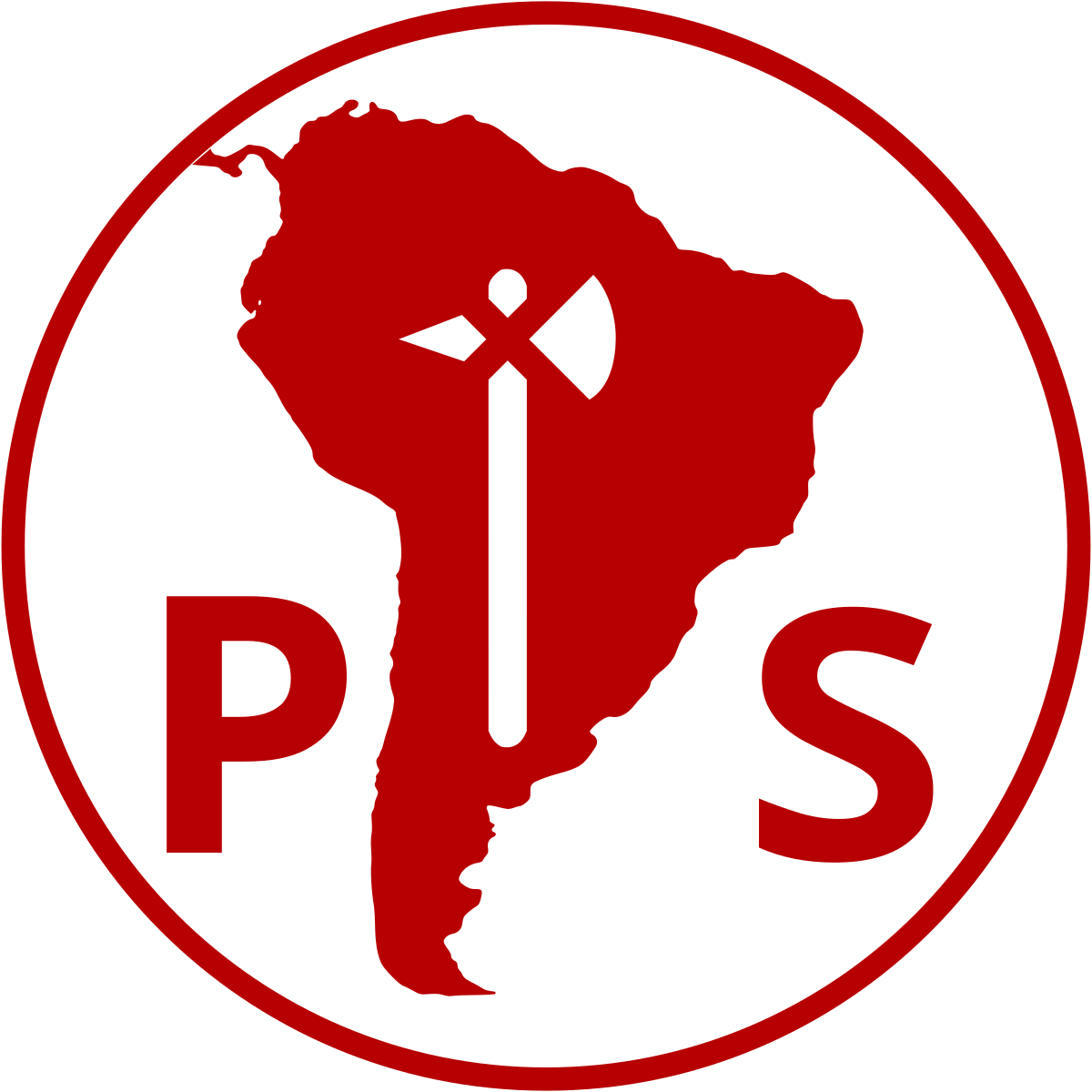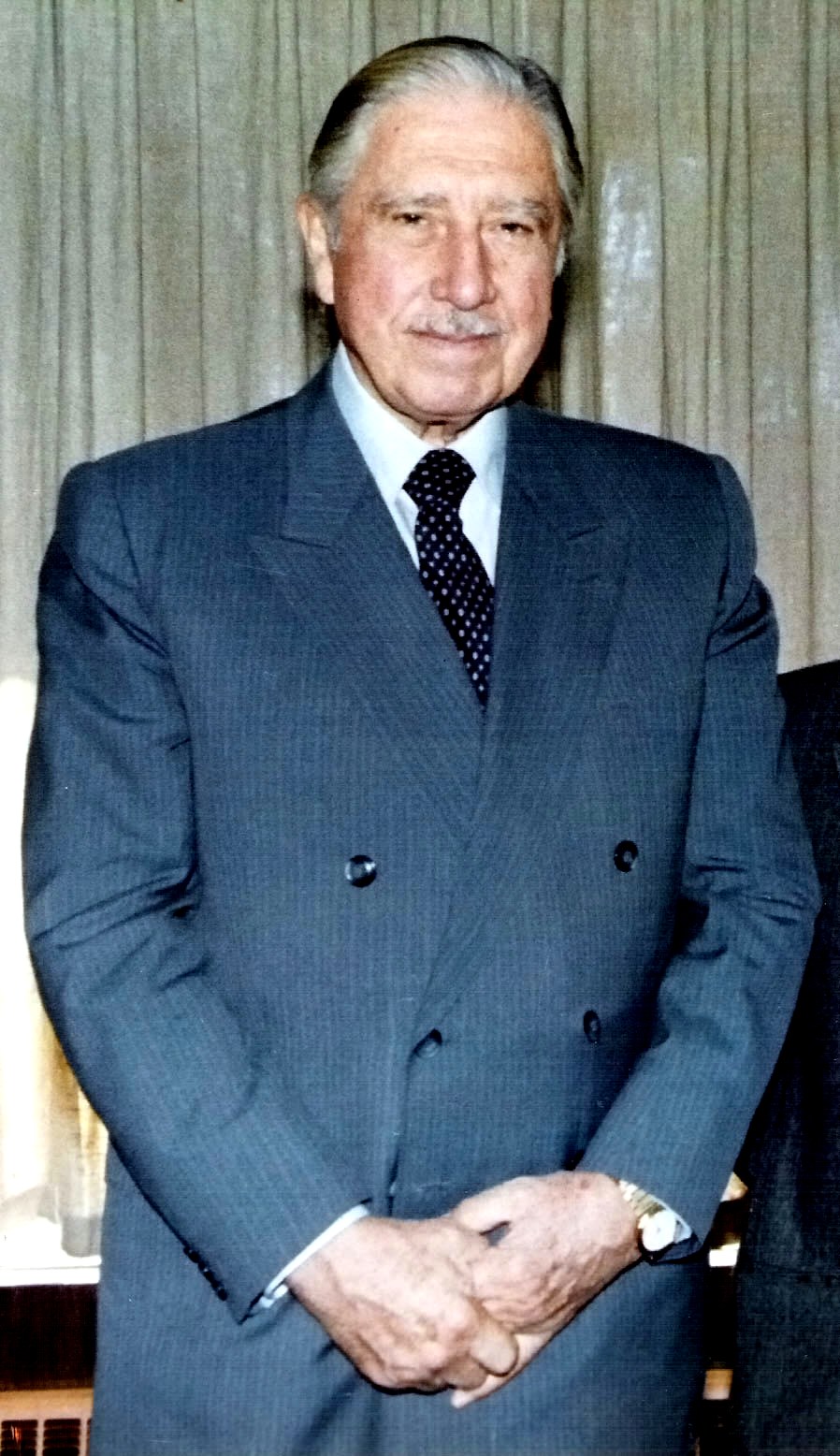Eltitoguay
Well-known member
!!??...In Spanish it is said that a Socialista should not be confused with a Socialistillo...to be honest i share most of your concerns , although communism is not the answer and never will be . it is wishful thinking .
i will credit you for being a sincere commie . which is actually quite rare . i have to respect that regardless. you are not the usual champagne socialist at least
THIS IS HOW A REAL SOCIALIST PRESIDENT LIVES :
"My duty is to live as the majority of my people live"
"My austere presidential life is not an anomaly; what should be seen as anomalous is how the vast majority of the rest of the world's presidents live; They live as only a minority of their people can."
"I live by my philosophy. Live as you think; or else, you will think as and as you live"
View attachment 19073517
May - 2014
Jordi Évole interviews the president of Uruguay José Mujica, in SALVADOS :
"I don't want to use the word austerity anymore because it was prostituted in Europe" José Mujica
There are presidents who live in palaces, who travel in armoured cars, who enjoy domestic service... And then there is José "Pepe" Mujica , guerrilla, congressman, senator and president of Uruguay, currently in the international spotlight for making sobriety, more than a speech, a way of life.
Accompanied by his dog Manuela, he welcomes us to his country house on the outskirts of Montevideo, the place where he has decided to live despite having a Presidential Residence. A mansion that he uses to house the "homeless" in winter and which he has now offered to the UN to shelter 50 Syrian children.
His government has become popular for approving measures such as the legalisation of marijuana and abortion, the approval of gay marriage and, especially, for giving priority to social policies. Mujica is an atypical politician who understands the political disaffection that exists in many countries and criticizes some European leaders for always giving off a "neocolonialist stench."
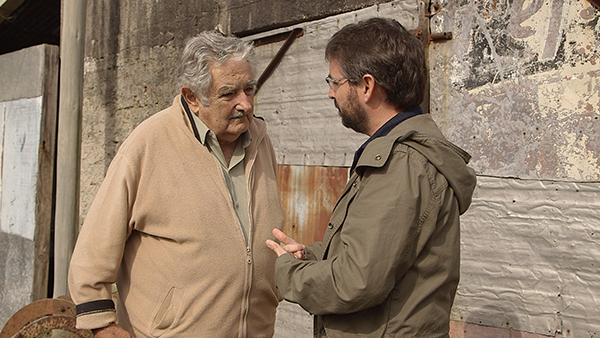
Is there another way of doing politics? Apparently so.
View attachment 19073520
The life and the house and Presidential Residence of José Mujica:
"My duty is to live as the majority of my people live"
"My austere presidential life is not an anomaly; what should be seen as anomalous is how the vast majority of the rest of the world's presidents live; They live as only a minority of their people can."
"I live by my philosophy. Live as you think; or else, you will think as and as you live"
"I don't want to use the word austerity anymore because it was prostituted in Europe. The economic austerity of the EU (during the very serious economic crisis of the moment) cannot mean: leaving people without jobs."
"Power should not be about creating a wall that separates you from the rest of the people"
"Here in my little house, I get up at 5 in the morning in my underwear to go to the bathroom, and no one notices nor do I have to bother anyone"
"When same many foreigner journalists come to interview me, I don't know if you come to visit the President of Uruguay, or if you come to visit (like on a photographic safari) an exotic specie"
Last edited:

